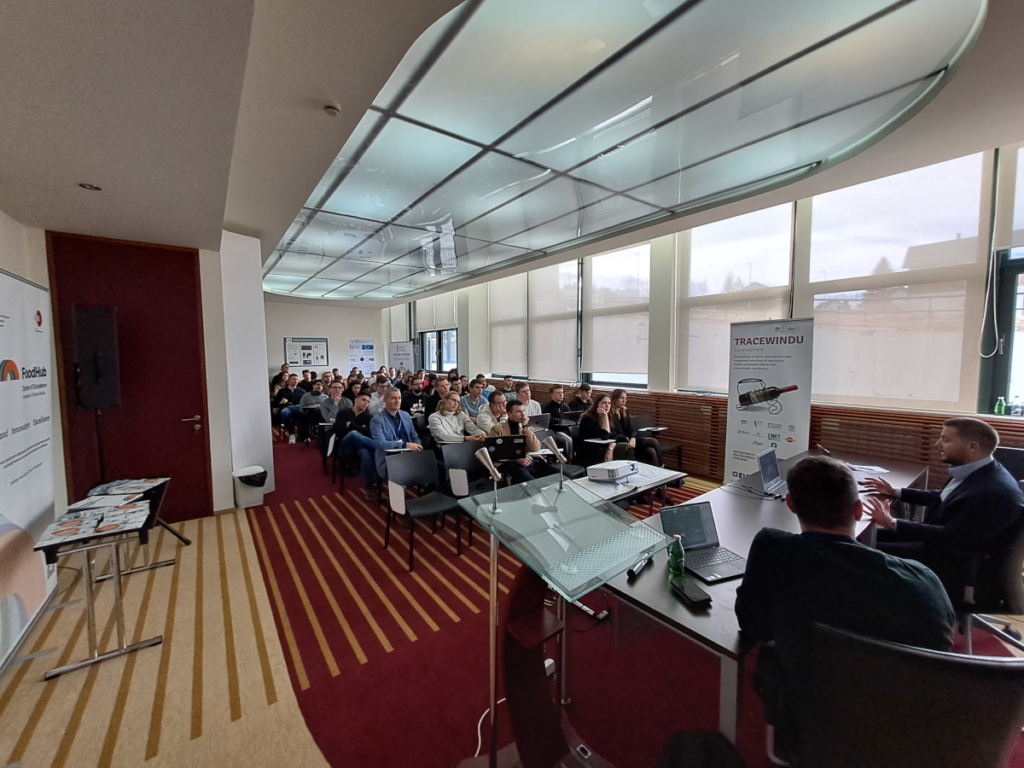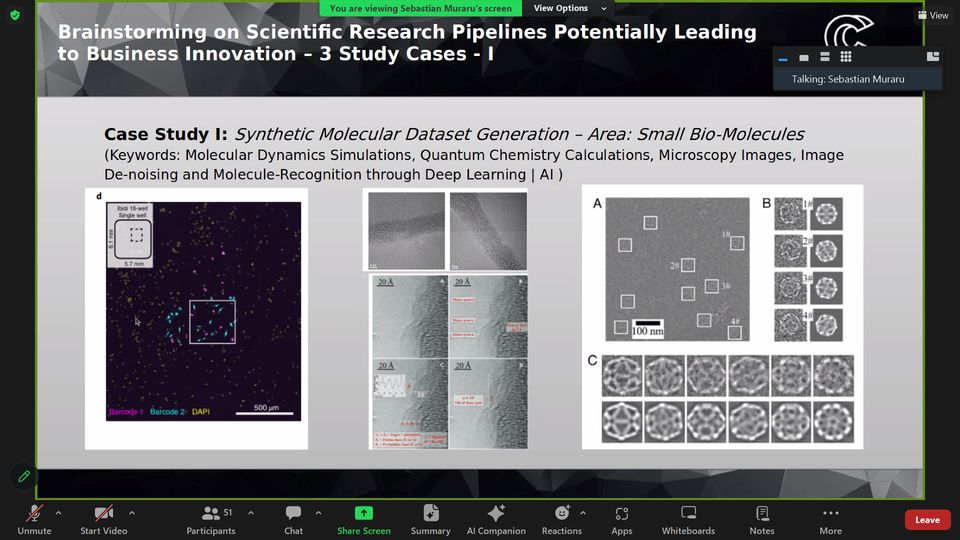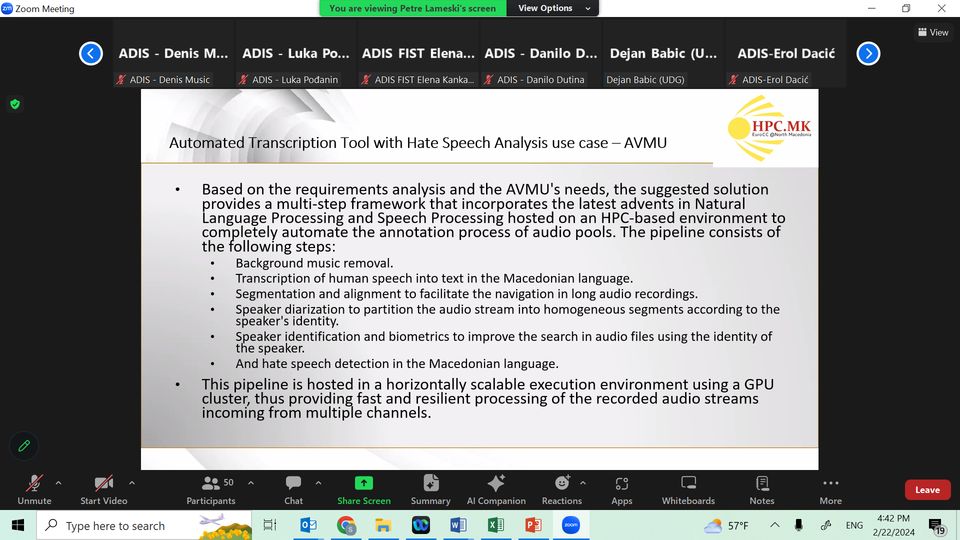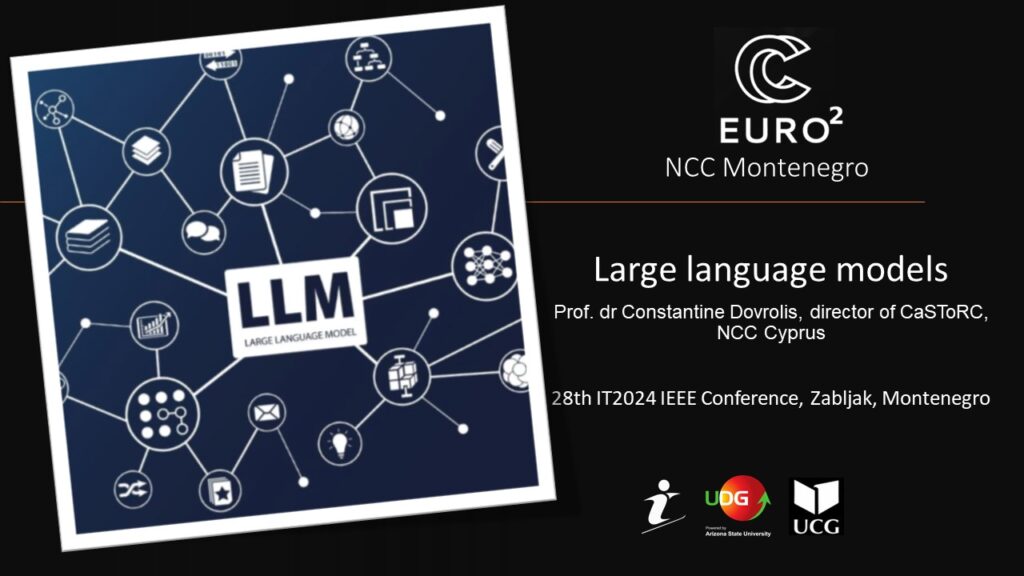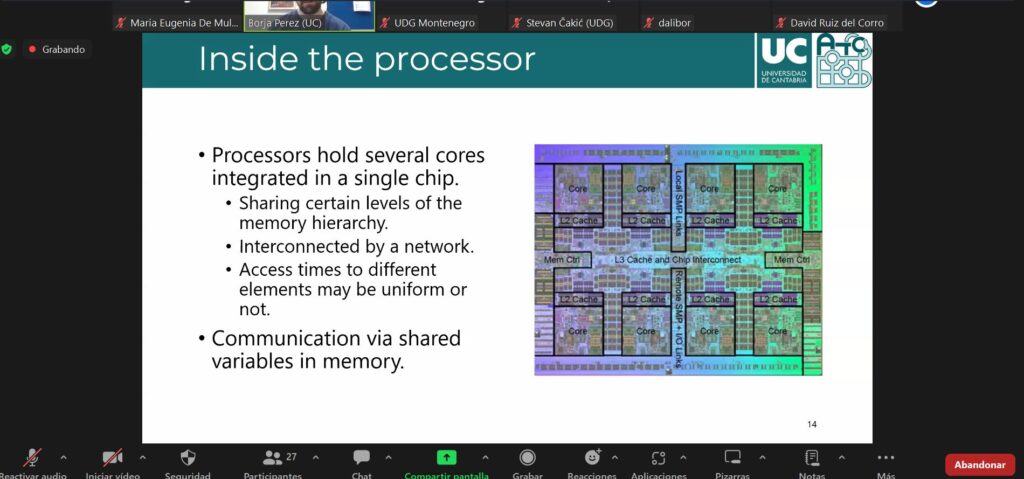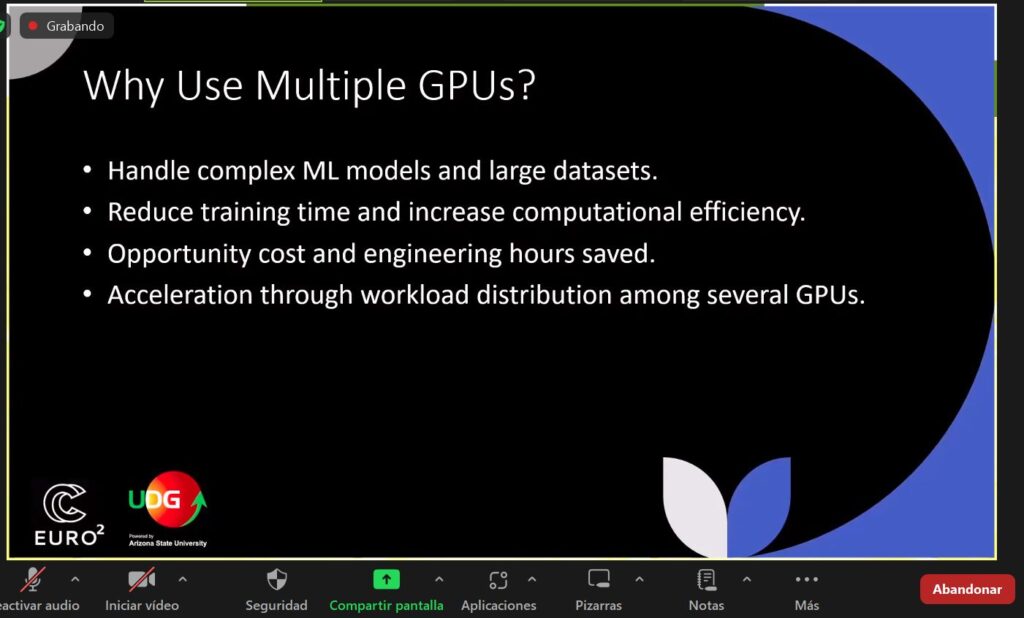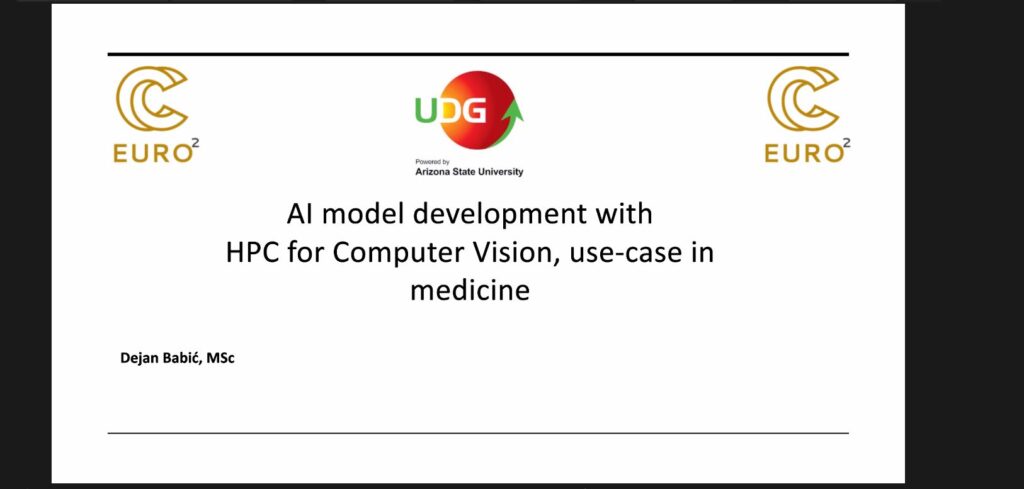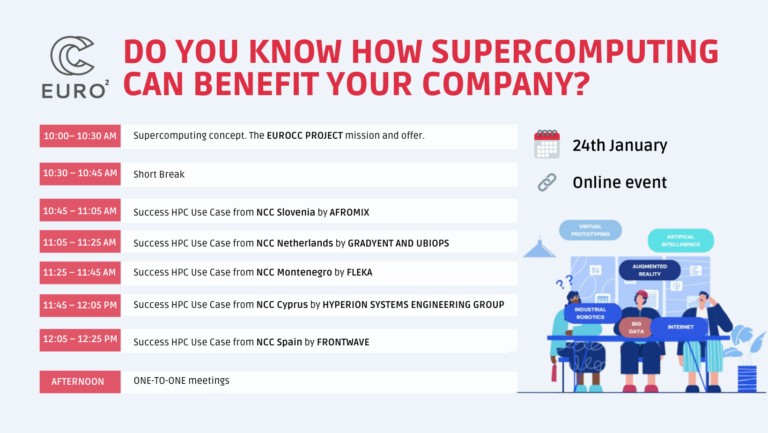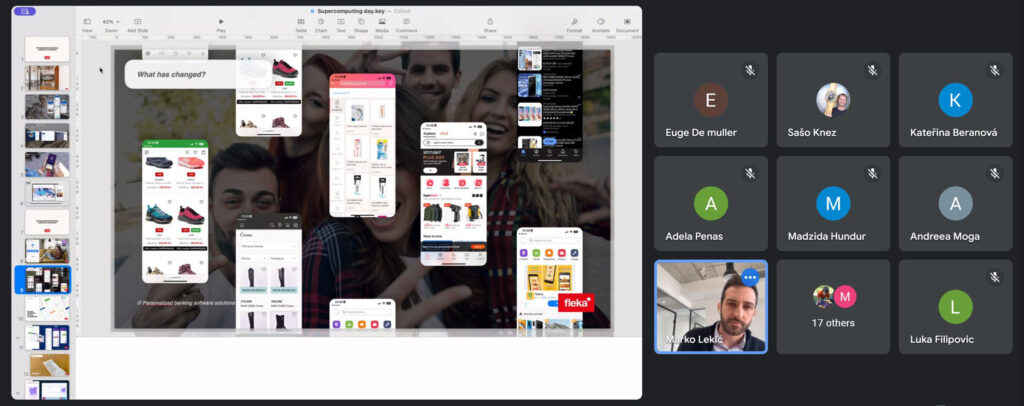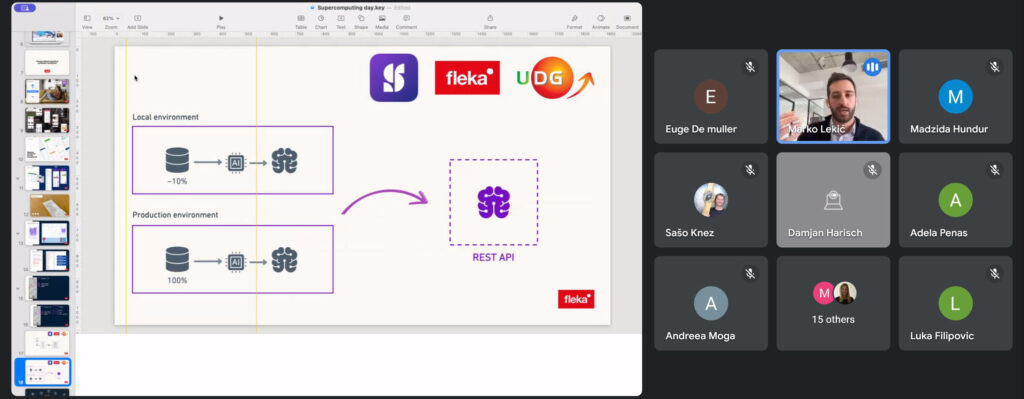On 27th of March a HPC4SME AAT Task Force meeting was organized by NCC SLING Slovenia and led by partner Arctur. NCC Montenegro representative Sanja Nikolic participated in the meeting, aimed to promote the wider use of the HPC4SME Automated Assessment Tool within the NCCs network. The goal is to effectively reach European industry users and empower them with HPC technologies.
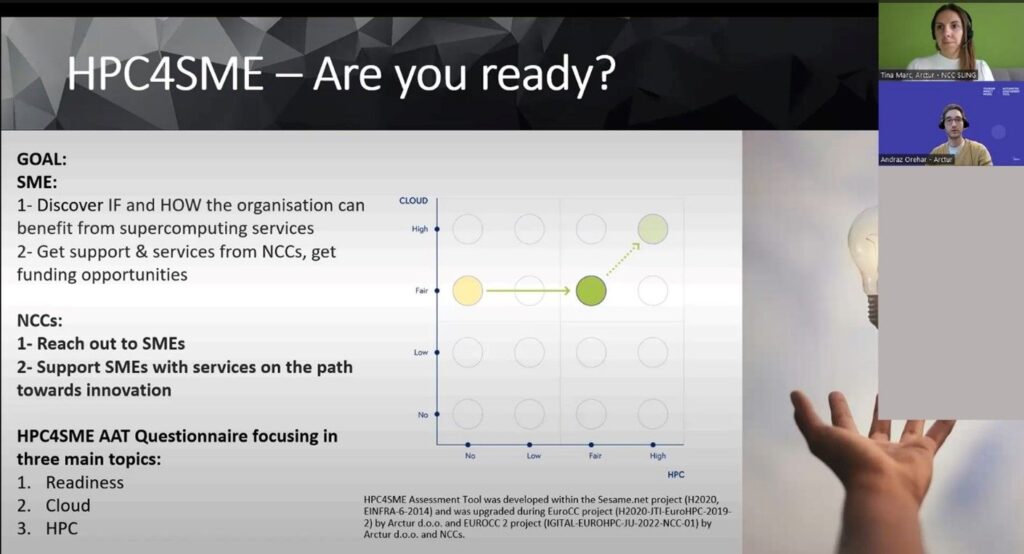
The HPC4SME AAT offers a streamlined process for companies to discover if and how they can benefit from innovative HPC technologies and applications. Company interaction starts with filling out web-based questionnaire, utilizing online HPC+ tutorials, receiving customized report with recommendations, and contacting NCC’s experts for further support/free access to HPC resources for companies’ R&D&I needs.
NCC Montenegro shared valuable first-hand experiences for successful utilization of HPC4SME AAT during the first EuroCC project phase, for HPC/HPDA/AI awareness raising, market intelligence, competence mapping and industry steering process. Based on the 50+ completed, companies’ assessments and advanced analytics, NCC Montenegro provided market- and industry-specific evidence on HPC potential users in Montenegro, and consequently completed 3 Success Stories with NCC experts support.
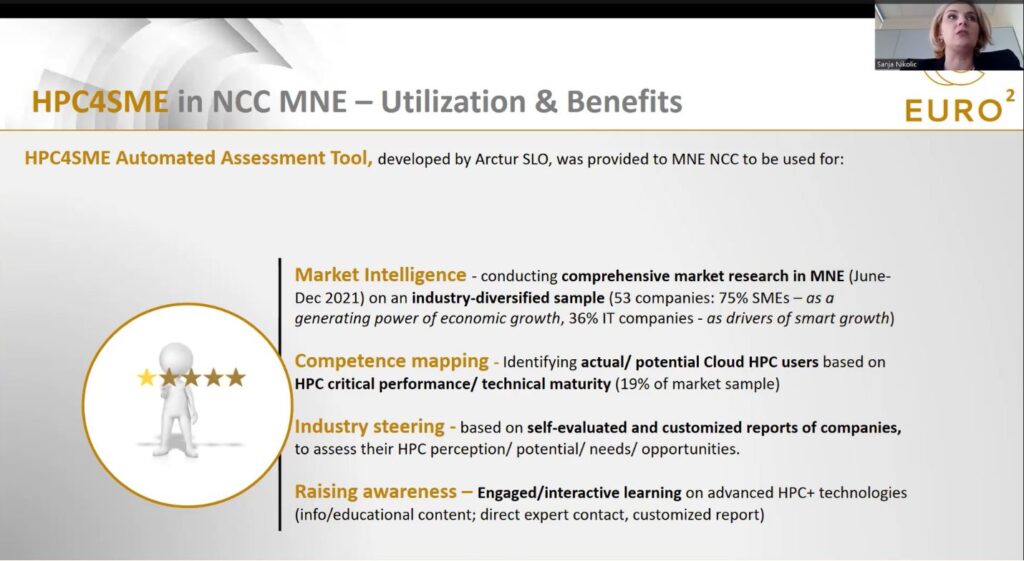
NCC SLING Slovenia upgraded HPC4SME Automated Assessment Tool with the support of the NCCs and officially launched it in late 2023. Currently, 24 NCCs are utilizing HPC4SME AAT across EuroCC2 footprint, with growing numbers local languages customizations and completed companies’ assessments. At this occasion, we kindly invite all industrial end-users, especially SMEs, to assess their HPC readiness and receive further NCC Montenegro support. Start here.



